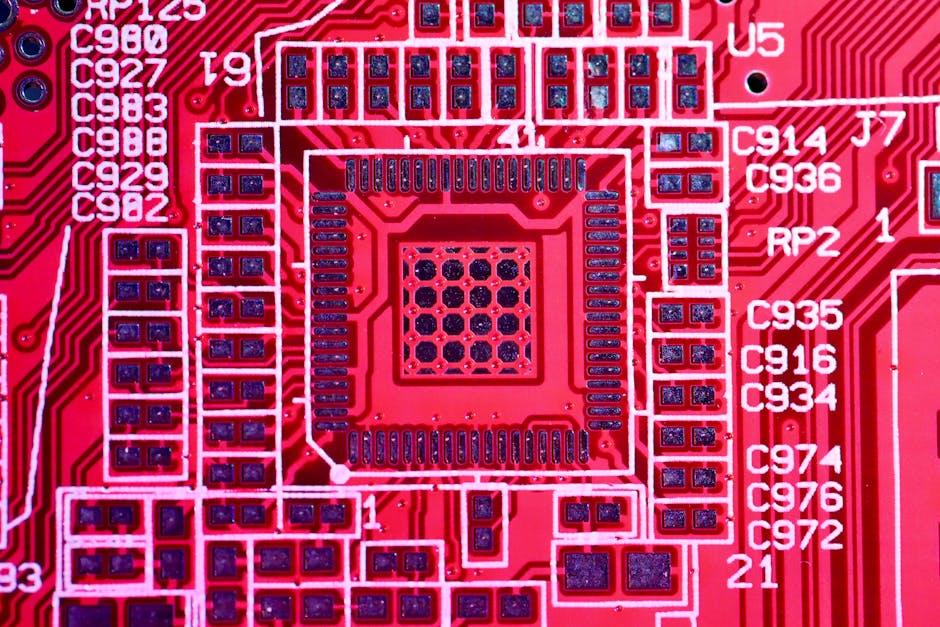A Leak of Biometric Police Data Is a Sign of Things to Come
In an era of rapidly evolving technology and increasing reliance on digital systems, data breaches have become an unsettlingly common occurrence. However, the recent leak of biometric police data raises more concerns than just the loss of personal information. It unveils the potential consequences and risks of a world where our biometric data, including fingerprints, facial recognition images, and voice samples, are stored and vulnerable to cyberattacks.
The leak of biometric police data occurred in a country where the government had amassed a massive database containing the biometric information of millions of individuals, including citizens and foreigners. The database was breached by hackers, resulting in the exposure of this highly sensitive data – a nightmare scenario for both individuals and the government.
Biometric data is distinct from traditional personally identifiable information, such as names or addresses, because it is unique to each individual and nearly impossible to modify or replace. Once compromised, the consequences are far-reaching and long-lasting. Criminals can exploit this information for various malicious purposes, including identity theft, impersonation, and even creating new identities for illegal activities.
The leak also underlines the risks associated with relying solely on biometric data for identification and authentication purposes. Over the years, various law enforcement agencies and governments have increasingly adopted biometric systems as a supposedly secure method for identifying individuals. However, this incident emphasizes the need for a broader discussion on the vulnerabilities and potential misuse of such systems, as they become more prevalent in our daily lives.
One of the main concerns with biometric data is that, unlike passwords or PIN codes, it cannot be changed if compromised. If a password is hacked, users can change it immediately to protect their accounts, but if biometric data, such as a fingerprint or facial recognition image, is compromised, individuals are left vulnerable indefinitely. This poses a significant challenge for ensuring the security and privacy of individuals in an increasingly digitized world.
Furthermore, the leak highlights the growing need for robust cybersecurity measures and regulations. Governments, law enforcement agencies, and private companies must invest in advanced encryption technologies, intrusion detection systems, and constant monitoring to detect and thwart potential attacks. Likewise, regulators should enact strict data protection laws to hold organizations accountable for breaches of biometric data, ensuring severe consequences for those responsible.
While the leaked biometric police data is undoubtedly a cause for concern, it also serves as a wake-up call for society to address the inherent risks of integrating biometric identification into various aspects of our lives. Companies and individuals alike must understand and actively mitigate these risks to protect sensitive personal information.
Amidst the advent of emerging technologies such as facial recognition, voice recognition, and biometric payment systems, policymakers and technology developers should prioritize privacy and security concerns. Striking a delicate balance between utilizing the benefits of biometric technology and safeguarding individual privacy rights is paramount to prevent similar incidents in the future.
The leak of biometric police data serves as a stark reminder that the era of biometric data breaches is upon us – a sign of things to come unless proactive measures are taken. As we continue to embrace the convenience and efficiency of biometric systems, we must simultaneously strengthen cybersecurity measures, enact robust data protection regulations, and ensure accountability for those entrusted with our most sensitive information. Only then can we navigate the digital landscape safely and confidently.

